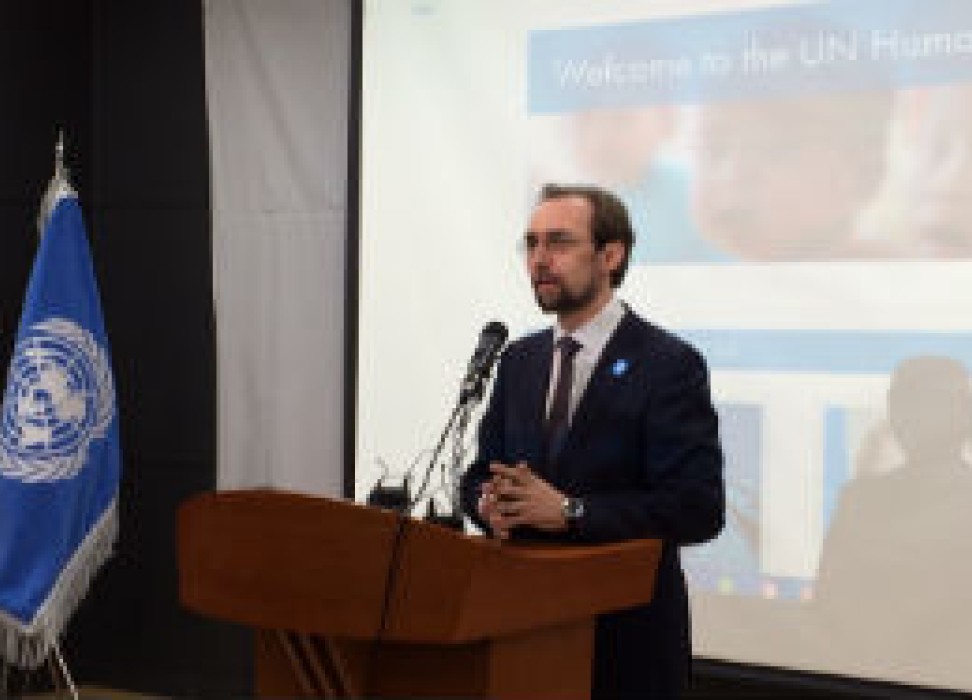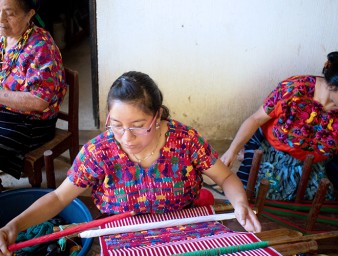UN Human Rights Chief opens new office in Seoul
26 June 2015

The UN Human Rights Office has opened its latest field operation in Seoul, Republic of Korea. The Seoul Office will monitor and document human rights issues in the Democratic People’s Republic of Korea (DPRK), said UN High Commissioner for Human Rights Zeid Ra’ad Al Hussein.
The Seoul office will focus on DPRK, where millions of people “remain trapped in the grip of a totalitarian system which not only denies their freedom, but increasingly their basic survival needs,” Zeid said during the opening ceremonies.
“The new OHCHR Office in Seoul – positioned at the hub for information, analysis and networking on DPRK – promises to take the response of the United Nations human rights system to a new level,” he said.
The Seoul office will also provide outreach to civil society and the larger public to share information and messages about human rights in the DPRK.
As part of the outreach effort, the Seoul office has its own dedicated website.The site features latest news from the Office, as well as reports and updates from the United Nations system. The site is fully bilingual in English and Korean.
As part of his official visit to the Republic of Korea, Zeid also made a speech at Yonsei University, where he noted the absence of regional trust and cooperation and common historical understanding risked fuelling tensions in the region.
“I believe that impartially examining a painful past, acknowledging it, understanding it, and above all transcending it together, is the best way to guarantee that it will not happen again for all states,” he said. “In a sense, this means that it is the victims – and their families – who measure whether or not societies fully recover from the brutality of war or repression. If their needs are not addressed as a central priority, reconciliation will never occur, and the state of deep distrust, though partially buried, will continue to smoulder.”
Zeid also met with three elderly survivors of sexual slavery during World War II at the War and Women’s Human Rights Museum in Seoul.
26 June 2015


